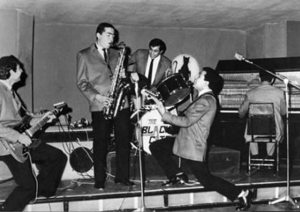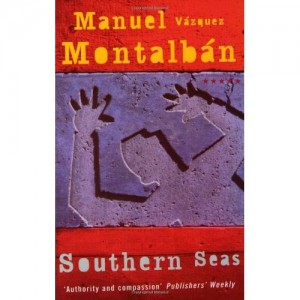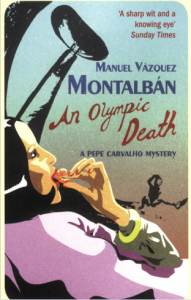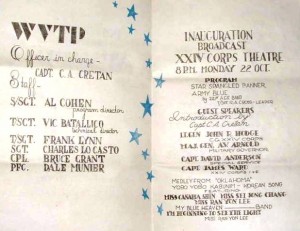If it’s the end of February, I must be in Porto again, for the Fantasporto fantasy film festival. It is always one of my favorite film festivals in one of my favorite cities.

So far, my favorite movie has easily been Juan of the Dead, the Cuban zombie film that has been racking up awards all over the world since making its debut in Toronto last September. So hard to believe that they actually convinced the Cuban government to let them film in Havana, but somehow they did it.
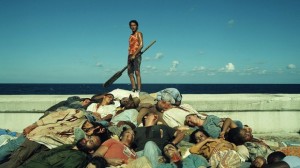
Bellflower is kind of a cross between Breaking the Waves and Fight Club. But I don’t think I mean that in a way that is complimentary to any of those films. It certainly was not terrible. It has a few stylistic moments, a couple of laughs (although perhaps the biggest one was not intentional), but not enough to sustain the meandering story and middling characters.
Bag of Bones, Mick Garris’s TV adaptation of the Stephen King novel, did not start until well after midnight, and old man that I am, I just could not stay awake that late, and gave up about an hour in.
I even checked out one Canadian movie, Eddie the Sleepwalking Cannibal — it’s a Canadian-Denmark co-production and a pretty silly film, but I seemed to be more forgiving of its problems than others I have talked to.
Friday night, I was stumbling home, dead tired (having given up on Bag of Bones around 1:30), when I passed an interesting-looking club called Plano B. It turns out the Catalan soul band The Pepper Pots were playing there … and, this being Portugal, they had not started yet. So I decided to check them out — apparently standing and listening to loud music is much easier to get through than sitting in a darkened theater. The finally went on around 2am and it was a good show. Very much in the vibe of Sharon Jones & the Dap Kings. And, as I said, it was a great venue; some old textile plant that was converted into a cavernous club.

Hopefully, though, there will be more sleep from here on out.
